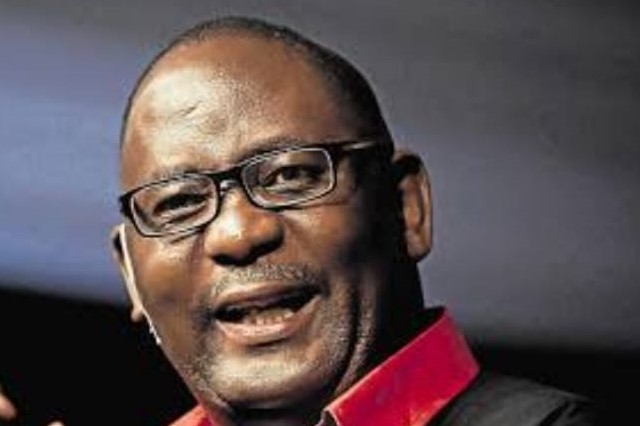Cape Town – South African Federation of Trade Unions (Saftu) and Congress of South African Trade Unions (Cosatu) have reportedly called on South African workers to down tools on Wednesday, August 24, and join the national shutdown against the rising cost of living.
Business Day reported that the national shutdown will rally against high food prices, fuel hikes, load shedding, unemployment, and other issues affecting the working class.
“The national strike is in response to the ongoing load-shedding, fuel price hikes and escalating food prices. This socioeconomic strike also represents a pushback and a response by the workers to the ongoing class warfare directed at them by both public and private sector employers,” the report quoted Cosatu.
According to Saftu general secretary, Zwelinzima Vavi, the protest was endorsed by more than 200 working class formations and numerous political parties including the EFF, PAC of Azania, Azapo, the Workers and Socialist Party and others, reported IOL.
ALSO READ | Cosatu to protest against fuel hikes
“The decision to hold a general strike/stayaway/national shutdown comes as a result of the worsening socio-economic conditions for the working class and marginalised poor communities. The cost of living is rising. Corruption and the neo-liberal policies of the ANC have compromised the provision of public services. Unemployment has soared …” the report quoted Vavi as saying.
He said that the government was accelerating the offensive on public corporations in the form of commercialisation, outsourcing and privatisation, adding that electricity tariffs had increased to an astonishing combined 507% between 2007 and 2022, the report said.
General Industries Workers’ Union of SA (Giwusa) president Mametlwe Sebei said that its members will hold a night vigil at the Burgers Park in Pretoria and join other trade unions on Wednesday morning in a march to the Union Buildings at 10am, reported TimesLIVE.
Sebei said they wanted to force conversations about the rising costs, adding that people feeling the pressure think they were battling alone, the report said.
“But it’s a system, this crisis. It’s a structural crisis when it feels like an individual crisis. The consequences of this crisis are gender-based violence, xenophobia and crime — the working class is paying with their blood, it’s a crisis of the system,” the report quoted.
Follow African Insider on Facebook,Twitter and Instagram
Picture: Twitter/ @AndileGogoda
For more Africannews, visit Africaninsider.com
Compiled by Olwethu Mpeshe


